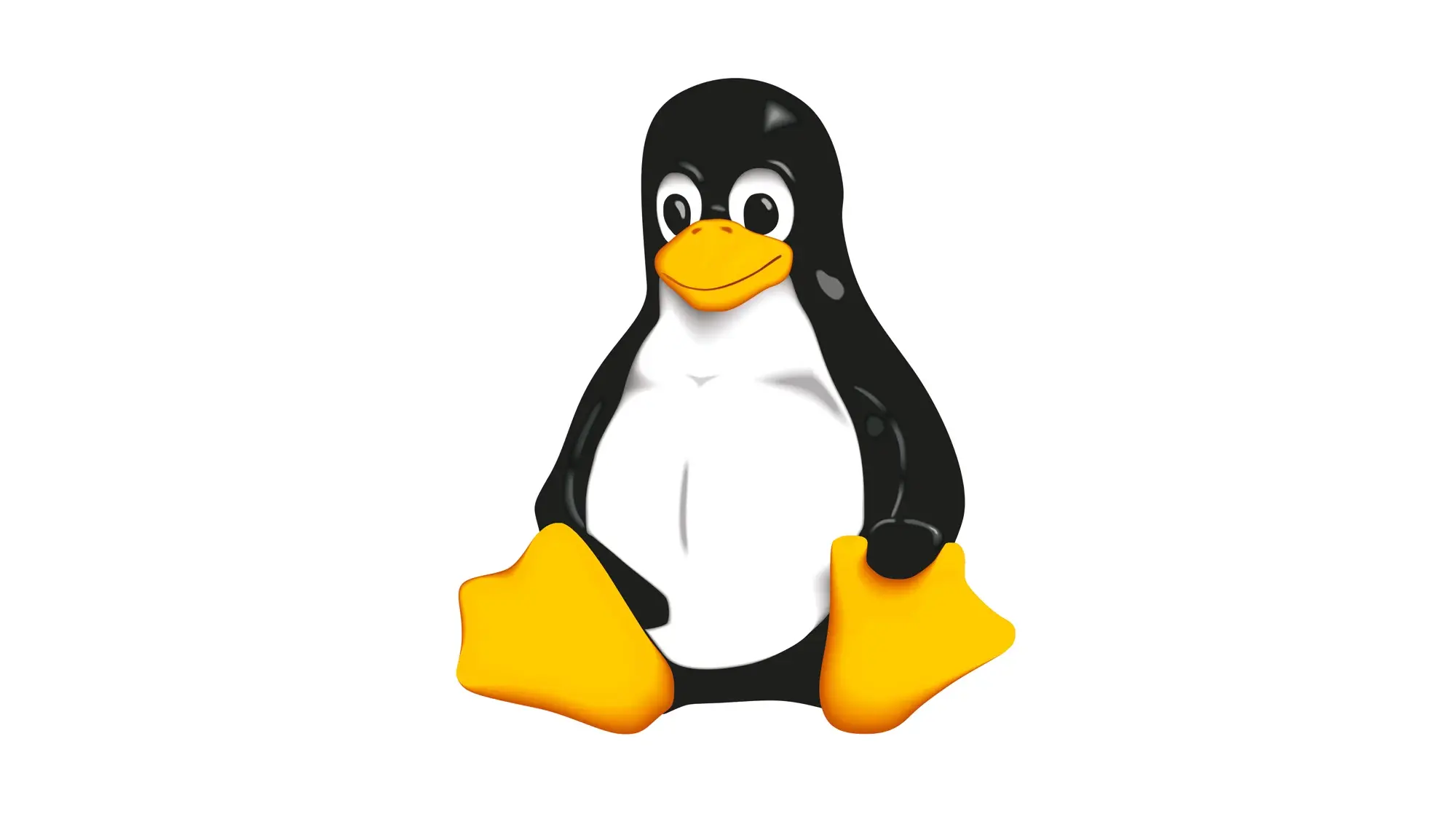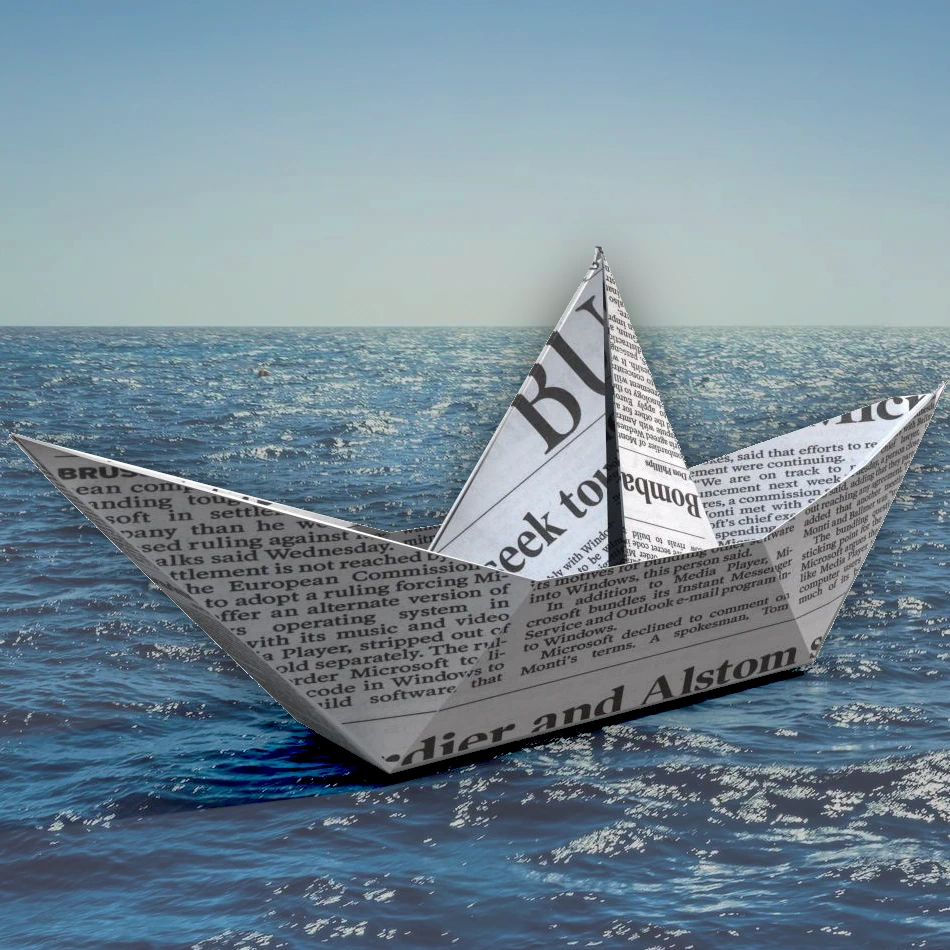- 388 Posts
- 168 Comments

 1·10 个月前
1·10 个月前This is somewhat related:
Russia oil trade to China, India stalls as sanctions drive up shipping costs
- Limited supply of non-sanctioned tankers drive up shipping costs
- March ESPO crude oil offers to China rise to premiums of $3-$5/bbl
- India’s petroleum company BPCL did not receive Russian oil offers for March
- Sanctioned tankers gradually discharging oil in China, India
- Indian refiners have sought alternative supply from the Middle East, Africa and the U.S. for March and April as they expect Russian supply to tighten

 9·10 个月前
9·10 个月前This is somewhat related:
Russia oil trade to China, India stalls as sanctions drive up shipping costs
- Limited supply of non-sanctioned tankers drive up shipping costs
- March ESPO crude oil offers to China rise to premiums of $3-$5/bbl
- India’s petroleum company BPCL did not receive Russian oil offers for March
- Sanctioned tankers gradually discharging oil in China, India
- Indian refiners have sought alternative supply from the Middle East, Africa and the U.S. for March and April as they expect Russian supply to tighten

 2·10 个月前
2·10 个月前Ah, yeah, I forgot:
We are different from all the oligarchies of the past, in that we know what we are doing. All the others, even those who resembled ourselves, were- cowards and hypocrites. The German Nazis and the Russian Communists came very close to us in their methods, but they never had the courage to recognize their own motives. They pretended, perhaps they even believed, that they had seized power unwillingly and for a limited time, and that just round the corner there lay a paradise where human beings would be free and equal. We are not like that. We know that no one ever seizes power with the intention of relinquishing it. Power is not a means, it is an end. One does not establish a dictatorship in order to safeguard a revolution; one makes the revolution in order to establish the dictatorship. The object of persecution is persecution. The object of torture is torture. The object of power is power.

 7·10 个月前
7·10 个月前Innovation from other countries is not subjected to similar scrutiny
This is simply not true.

 3·10 个月前
3·10 个月前I tried to point out that you should be equally as mad at OpenAI/Google/the rest of the western AI companies as you are at the DeepSeek
This exactly is whataboutism. The issue here is DeepSeek. There are many articles here where people are “equally as mad” about OpenAI?Google and the rest of Western AI, but in these threads, you never read, “But China, …”. This whataboutism appears to work only in one direction.
 1·10 个月前
1·10 个月前Yeah, that’s what I thought, too. If they ditched Linux, Facebook didn’t exist.

 4·10 个月前
4·10 个月前There’s nothing sinophobic here. The linked article on China’s AI policy cites an official Chinese source. It comes directly from the Chinese government.

 3·10 个月前
3·10 个月前In addition to @[email protected]’s comment, this is not ‘only’ about biases we all have. It is about intentionally built-in propaganda supporting Chinese state narratives. As I wrote already in this thread, the Chinese government outlined its plan regarding AI in its so-called “AI Capacity Building and Inclusiveness Plan”. It reads:
[Chinese] Government rhetoric draws a direct line between AI exports and existing initiatives to expand China’s influence overseas, such as Xi Jinping’s signature Belt and Road Initiative (BRI) and Global Development Initiative (GDI). In this case, the more influence China has over AI overseas, the more it can dictate the technology’s development in other countries […]
[According to the Chinese government] AI must not be used to interfere in another country’s internal affairs — language that the PRC has invoked for as long as it has existed, both to bring nations of the global south on board in China’s ongoing efforts to seize Taiwan and to deflect international criticism of its human rights record […]
The whole article makes a good read.
[Edit typo.]

 13·10 个月前
13·10 个月前We’re talking about developments in AI tech, and you want to make it about Tiananmen Square .
Please don’t use whataboutism to distract from the core issue here. DeepSeek follows the Chinese government’s rules, meaning it has biases intentionally built-in to spread misinformation and propaganda by the Chinese Communist Party. You may read my comment and the source in in this thread.

 4·10 个月前
4·10 个月前Please don’t use whataboutism to justify state-orchestrated misinformation by a dictatorial government.

 5·10 个月前
5·10 个月前This is blatant misinformation. Everything from China has to do with the Chinese state, including software made by private companies. There is ample evidence for this. Please see also my comment and the source in this thread.

 6·10 个月前
6·10 个月前The Chinese government has some special ‘features’ (or bugs, if you want to put it that way). See, for example, my comments here in this thread.

 6·10 个月前
6·10 个月前Aha. Thanks for the insight.

 3·10 个月前
3·10 个月前That’s good, but it’s too little, too late.
The Climate Action Tracker says about China’s long-term measures:
- Policies and action against fair share: Insufficient
- NDC [Nationally Determined Contributions] target against modelled domestic pathways: Highly insufficient
- NDC target against fair share: Insufficient
- Net zero target year before 2060: Comprehensiveness rated as Poor
Overall rating: Highly insufficient
Addition: The linked report provides an incomplete picture.
- China’s thermal power generation, primarily fueled by coal, reached a record high in 2024 despite a surge in renewable energy installations.
- Coal consumption continues to grow in China’s electricity sector, driven by increasing power demand and the need for a reliable baseload power source.
- China’s coal imports and domestic production are expected to rise further in 2025, solidifying coal’s role as the backbone of the country’s energy system.
The persistent growth in Chinese coal demand, including for power generation, goes to show that coal remains the baseload of China’s power system to back up the surge in renewables and will stay such for years to come as power demand jumps with the increasing electrification of homes and transport. Source

 3·10 个月前
3·10 个月前@[email protected] @[email protected]
I guess this should be only an ad for a magazine and is unrelated to the article, but the website design (or maybe a mistake by the designer) makes it indeed look as if it is related.

 6·10 个月前
6·10 个月前This is how you make progress for all humanity. Allowing people to freely learn, improve, modify, and share.
You are free to learn ‘Xi Jinping thought.’ Doubt this is for the progress of humanity.

 13·10 个月前
13·10 个月前The “open” AI tech comes with censorship and politically biased code. Once again we must note that the base for China’s AI development is the so-called “AI Capacity Building and Inclusiveness Plan”:
[Chinese] Government rhetoric draws a direct line between AI exports and existing initiatives to expand China’s influence overseas, such as Xi Jinping’s signature Belt and Road Initiative (BRI) and Global Development Initiative (GDI). In this case, the more influence China has over AI overseas, the more it can dictate the technology’s development in other countries […]
[According to the Chinese government] AI must not be used to interfere in another country’s internal affairs — language that the PRC has invoked for as long as it has existed, both to bring nations of the global south on board in China’s ongoing efforts to seize Taiwan and to deflect international criticism of its human rights record […]
The whole article makes a good read. If you want “open technology” free of oligarchical and or similar political power, you need to look elsewhere.

 8·10 个月前
8·10 个月前The ‘cheap’ AI from China comes with a hefty price that’s not worth it.
Following @[email protected]’s comment in this thread, the article appears to be the same Chinese propaganda narrative we haven been observing in the past. And it is misleading.
I have been posting this recently, and it perfectly fits here again. The base for China’s AI development is the so-called “AI Capacity Building and Inclusiveness Plan” which is aimed particularly at the Global South:
[Chinese] Government rhetoric draws a direct line between AI exports and existing initiatives to expand China’s influence overseas, such as Xi Jinping’s signature Belt and Road Initiative (BRI) and Global Development Initiative (GDI). In this case, the more influence China has over AI overseas, the more it can dictate the technology’s development in other countries […]
[According to the Chinese government] AI must not be used to interfere in another country’s internal affairs — language that the PRC has invoked for as long as it has existed, both to bring nations of the global south on board in China’s ongoing efforts to seize Taiwan and to deflect international criticism of its human rights record […]
[For example] China’s decision to co-launch its AI Capacity Building plan with Zambia also had a symbolic element. PRC state media reported that the African nation was the recipient of thousands of Chinese workers and hundreds of millions of RMB in loans in the 1960s, making it the beneficiary of one of China’s earliest overseas infrastructure projects — another thread connecting the latest in AI cooperation with China’s long-held ambitions to lead the developing world, even as it becomes a superpower in its own right. In a 2018 meeting with the Zambian president, Xi said they must jointly “safeguard the common interests of developing countries.” […]



Did you even click the link?